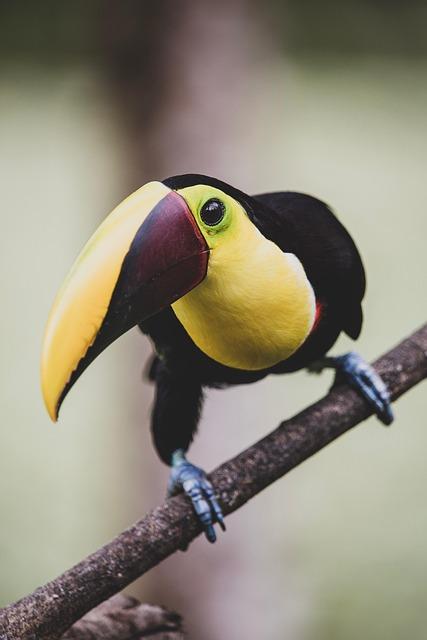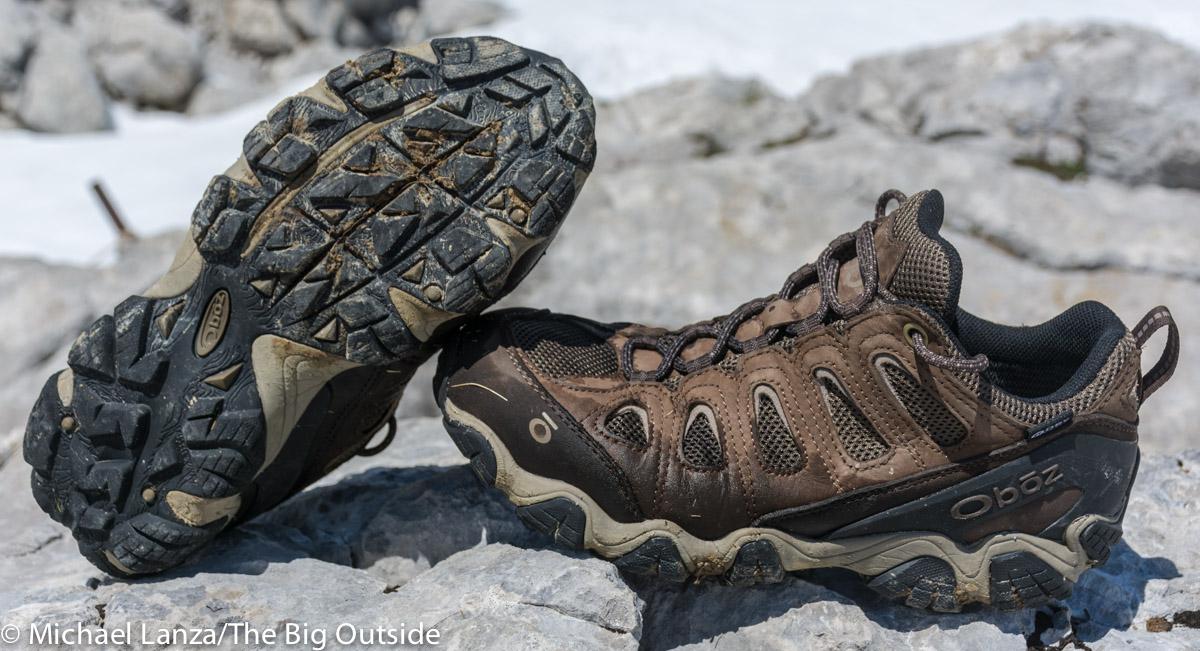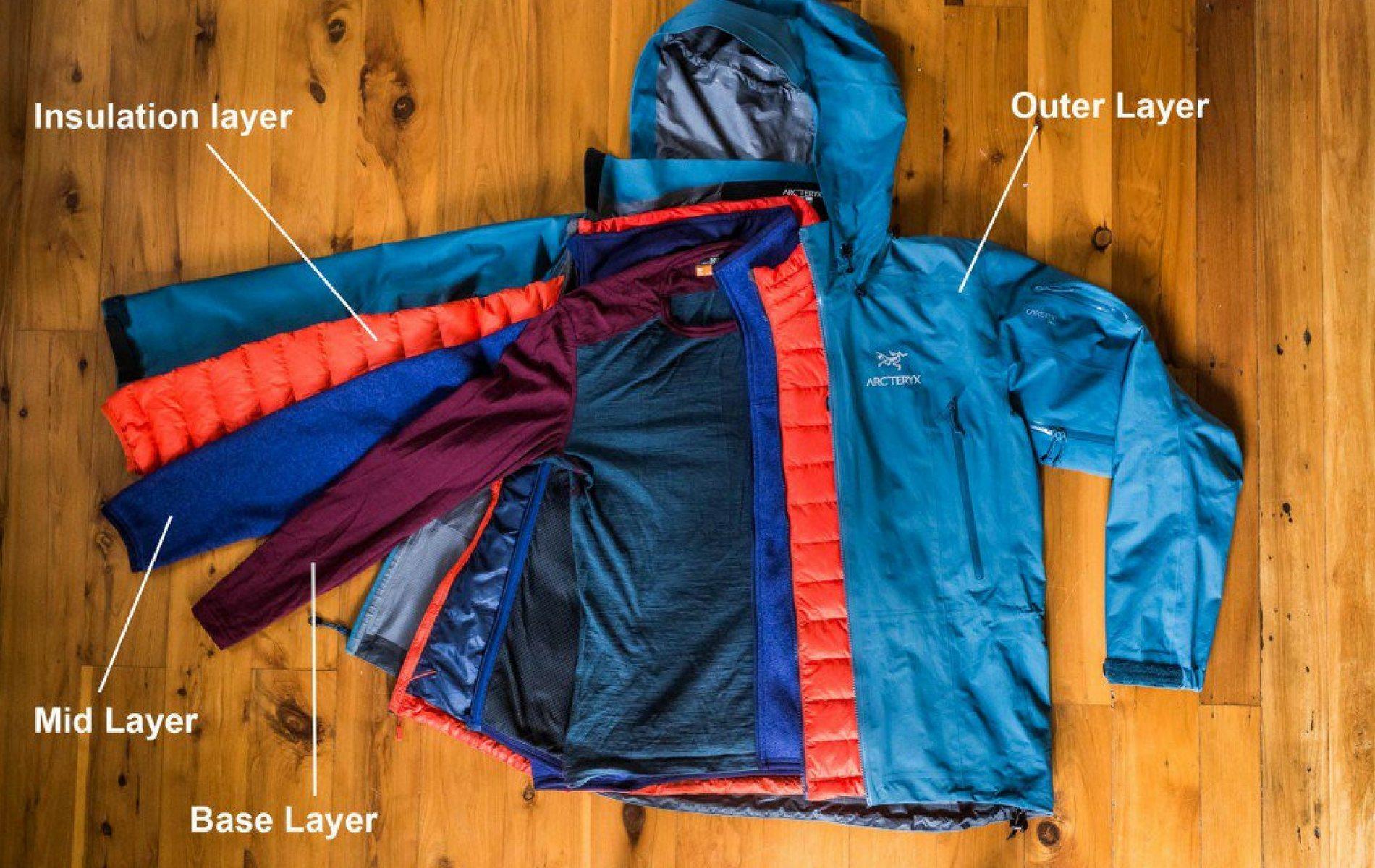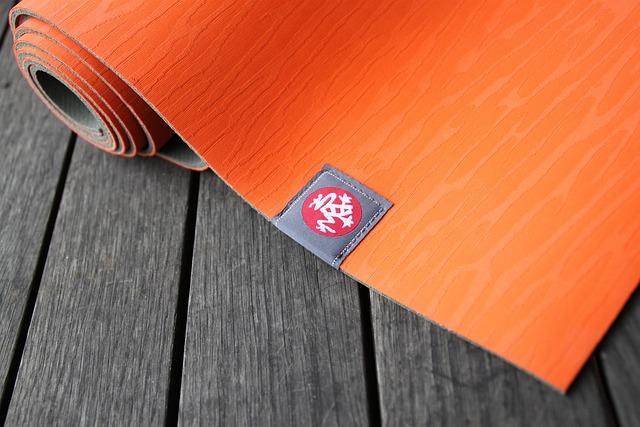in a world increasingly attuned too environmental concerns, the choices we make in travel gear can substantially impact our planet. Enter eco-amiable packing cubes—small yet mighty organizers designed to streamline your luggage while minimizing your ecological footprint. Packed with potential, these cubes are typically crafted from two popular materials: organic cotton and recycled polyester. As we embark on a journey to uncover the durability, practicality, and sustainability of these two options, we’ll explore how each performs after 90 days of globetrotting.Whether you’re a seasoned traveler or an eco-conscious novice,understanding the differences between organic cotton and recycled polyester may just inform your next packing strategy—and contribute to a greener world one trip at a time. Join us as we unpack the findings of our in-depth exploration, shedding light on which material truly stands the test of both time and eco-friendliness.
Sustainable Choices in Travel: A Deep Dive into Organic Cotton and Recycled Polyester
When embarking on a journey towards sustainability, the materials chosen for packing cubes can significantly impact the overall eco-friendliness of travel. Organic cotton, hailed for its biodegradability and minimal environmental footprint, offers travelers a guilt-free option. This natural fiber is produced without the use of harmful pesticides, making it not only safe for the planet but also for those who handle it. The benefits of organic cotton include:
- Enhanced breathability, ensuring items stay fresh.
- Soft texture, providing a agreeable touch for packing essentials.
- Durability, standing up well to the rigors of travel.
Conversely, recycled polyester, crafted from repurposed plastic materials, showcases remarkable strength and resilience. Its ability to retain shape and resist wrinkles makes it an attractive choice for travelers who prioritize functionality. Some advantages of recycled polyester are:
- Lightweight design, reducing the overall weight of luggage.
- Water-resistant properties, protecting belongings during unexpected weather.
- Contribution to circular economy by reducing waste.
| Material | Environmental Impact | Durability | Comfort |
|---|---|---|---|
| Organic Cotton | Biodegradable; low chemical use | High | Very soft |
| Recycled Polyester | Reduces plastic waste | Very high | Moderate |
After 90 days on the road,both materials reveal their strengths and weaknesses. Organically grown cotton packing cubes maintain a certain charm and softness that endears them to eco-conscious travelers, but they may show signs of wear faster than their polyester counterparts. In contrast, the recycled polyester cubes withstand the test of time, appearing nearly as good as new even after weeks of being shuttled in and out of luggage. This durability often translates into a long-term investment for eco-friendly travel,illustrating that sustainability doesn’t have to come at the cost of practicality.

Durability Under Pressure: Performance Comparison After 90 Days of Use
After 90 days of rigorous travel, the organic cotton packing cubes showcased remarkable strength and resilience. Users reported minimal fraying at the seams, despite being subjected to varying degrees of stress during extended voyages. These cubes maintained their shape, effectively organizing clothing without sagging or bulging, which often occurs with lesser-quality materials. Moreover, their breathable fabric effectively managed moisture, keeping contents fresh even during long journeys in humid climates.
In contrast, the recycled polyester packing cubes also proved durable but exhibited slight signs of wear, especially at stress points such as zippers and corners. Travelers noted a few instances of minor tearing after continuous usage, which could be attributed to the less flexible nature of the polyester. However, these cubes remained functional and lightweight, making them a practical option for eco-conscious consumers. to better illustrate the performance over time, the following table summarizes key durability metrics observed during the comparison:
| feature | Organic Cotton | Recycled Polyester |
|---|---|---|
| Seam Integrity | Excellent | Good |
| Moisture Management | High | Moderate |
| Sagging | No | Yes |
| Stress Points Wear | minimal | Some |

Environmental Impact: Assessing the Carbon Footprint of Packing Cubes
When embarking on a journey, the environmental impact of our packing choices is often overlooked. Assessing the carbon footprint of packing cubes reveals striking differences between organic cotton and recycled polyester materials. Organic cotton, cultivated without synthetic fertilizers or pesticides, typically results in lower carbon emissions during its growth phase. The use of natural processes promotes biodiversity and supports healthier ecosystems. Conversely, recycled polyester, which is derived from post-consumer plastic waste, helps divert materials from landfills, thereby reducing the overall demand for new petroleum-based products. Though both materials offer eco-friendly advantages, their carbon footprints reveal nuanced stories worth exploring.
To better understand their environmental impact over a 90-day travel period, we analyzed specific factors contributing to each material’s footprint. The following table summarizes the key elements involved in the production and lifecycle of both types of packing cubes:
| Factor | Organic Cotton Packing Cubes | Recycled Polyester Packing Cubes |
|---|---|---|
| Production Emissions (kg CO2e) | 0.8 | 0.5 |
| Water Usage (liters) | 200 | 50 |
| Longevity (years) | 5+ | 5+ |
| End-of-Life Recycling rate | 0% | 100% |
Ultimately, the choice between organic cotton and recycled polyester packing cubes reflects a balance between their respective benefits and drawbacks. While one boasts a more sustainable cultivation process, the other champions waste reduction through recycling. Travelers keen on minimizing their carbon footprints must consider these factors, aligning their packing preferences with their environmental values.

Choosing the Right fit: Recommendations Based on Travel Habits and Values
When it comes to choosing between organic cotton and recycled polyester packing cubes, reflecting on your travel habits and personal values can be a game changer. If you prioritize a lightweight packing solution and frequently embark on urban adventures or long-distance travel, recycled polyester may serve you better. This material is often water-resistant and durable, which is essential for those spontaneous rain showers or rugged travels. Additionally,it packs down smaller than cotton,making it ideal for minimalist packers who aim to maximize space without sacrificing style.
Conversely, if sustainability and organic materials align closely with your values, then organic cotton packing cubes can be a worthwhile investment, especially for travelers with destinations that have eco-friendly accommodations or those who lean towards conscious consumption. The natural fibers provide breathability, making it easier to store clothes for extended periods without worrying about odors.Plus,they frequently enough come in vibrant,natural dyes that make organizing your items a pleasure rather than a chore. Consider your travel frequency, environment, and how each material aligns with your ethos when making your final decision.
| Feature | Organic Cotton | recycled Polyester |
|---|---|---|
| Weight | medium | Lightweight |
| Sustainability | high | Moderate |
| Water Resistance | Low | High |
| Durability | Good | Excellent |
| Price | Moderate | affordable |
Wrapping Up
As our journey through the realm of eco-friendly packing cubes comes to a close, it’s clear that both organic cotton and recycled polyester have their unique strengths and weaknesses, each catering to different eco-conscious travelers. From the breathable softness of organic cotton that embraces your belongings with a touch of nature to the robust durability and water resistance of recycled polyester that withstands the rigors of adventure, the choice ultimately hinges on your personal travel style and values.
Over the course of 90 days, we’ve explored not just the practicality of these materials, but also their impact on our planet. By choosing to pack with purpose, travelers can reduce their environmental footprint while enjoying the comforts of home on the road.
Whether you gravitate toward the earthy allure of organic cotton or the innovative spirit of recycled polyester, the key takeaway remains the same: mindful packing is an essential element of responsible travel. As you gear up for your next journey, may your packing cubes reflect not only your style but also a commitment to preserving the beauty of the world we explore. Safe travels and happy packing!














Leave feedback about this